Tisza, whose name often appears in the news, attracts attention with its constant tragedies. According to official statistics, 22 Ukrainians have already died trying to cross the border illegally through the Tisza. No one can say for sure how many bodies were taken away by the current or remained at the bottom of this turbulent mountain river.
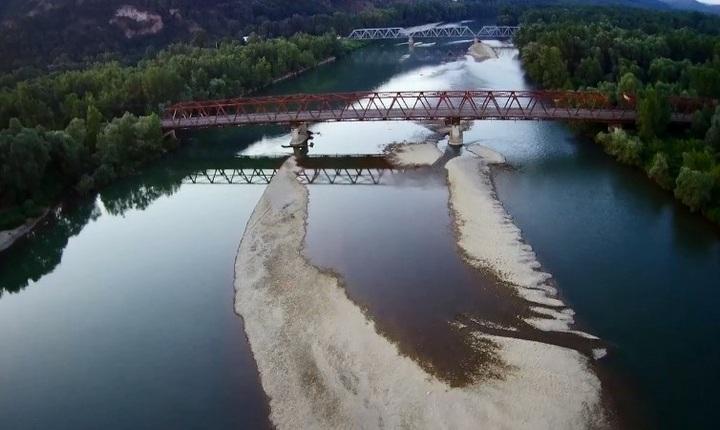
The Tisza is increasingly being called the "killer river", alluding to its dangerous nature, which was known even before the large-scale invasion.
The River of Five Countries and One Ukrainian Region
The Tisza is the left and largest tributary of the Danube. It originates in Transcarpathia, flows through the territory of Ukraine with a length of 201 km out of a total of 996 km. More than a hundred kilometers of the river is the border with Romania and Hungary. It is replenished mainly by rain and meltwater, about half of which falls into the river in spring.
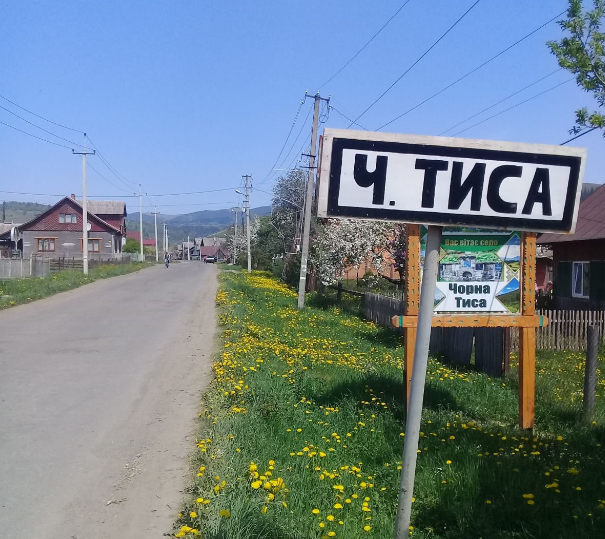
Four hypotheses about the origin of the name
Scientists have not yet been able to come to an unequivocal conclusion about the origin of the name of the Tisza River.
The first and most probable version is associated with the oldest local occupation - logging and rafting wood on the river. One of the most valuable species was the yew, which still grows in the Carpathians. Yew is known for its strength, and it is said that the garrison of the castle in Khust (a city on the Tisza) made cannonballs from it.
The second version, "Slavic", was presented in the Etymological Dictionary of Toponyms of Ukraine: "There are grounds to associate the hydronym Tisza with the Proto-Slavic Hisn-/Hesn-"to press, to squeeze", His-/Hais-"to melt; Melt; disappear."
The third option comes from the Hungarian word "tista" - "clean". Given that Transcarpathia has been part of Austria-Hungary for a long time and is territorially very close to the neighboring state and its culture, this is possible.
The fourth hypothesis is "pagan". In Hungarian linguistics, there are several more synonyms for the name of the river. All of them belong to the pagan past of the local population, when it was customary to give everything around us human qualities. The yew was called "wild, tangled, wrapped" (and even "blonde"). Ancestors considered this waterway to be a wayward, hot-tempered young lady with a very changeable character. However, the same definition can be given to any mountain river.
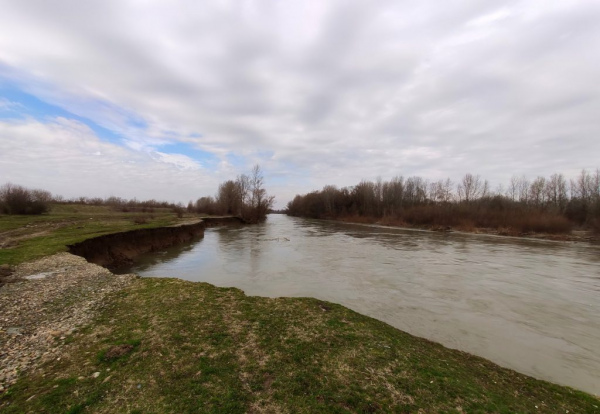
Legends of the Ancient River
Tisza has been an integral part of the life of Transcarpathians for centuries. It served as a source of sustenance and inspiration for folklore. Sometimes naïve, mystical or educational. Ethnographers claim that during the existence of the river, people have created a variety of legends typical of certain areas.
However, some of them are known throughout Transcarpathia. For example, the tale of the divine origin of the Tisza. According to legend, the Creator, fascinated by the beauty of the Carpathians, sent his messenger to earth to build a river here. It will look better on top. But there were too many nettles, and the divine ambassador had to make a lot of effort around the scorching bushes. That's why it turned out so tortuous.
Another story can be called "Transcarpathian Romeo and Juliet". The plot is typical and can be found in any part of the world. This is the love of young people from warring clans. Having received a harsh refusal from their parents in the prospect of marriage, the couple decided to jump off a cliff into a raging river.
Despite the banality of the story, it has regional motifs. Firstly, the sound of the river is explained by the sobs of the relatives of the dead lovers, which sounded centuries later. Secondly, there is a historical fear of people drowning in the Tisza. The reputation of the river as treacherous and capable of taking life has accompanied the Tisza for centuries.
Atilla's Treasure
One of the most striking and unusual legends about the Tisza is the story of Atilla's treasure. According to legend, this famous leader of the Huns, who had almost all of Europe under his control, was buried at the bottom of this river. When Atilla died in what is now Hungary (as historians confirm), his body was placed in three coffins: first in lead, then in silver, and finally in gold. The riverbed was temporarily stopped, a funeral was organized at the bottom, where many treasures were also hidden. The workers who knew about this secret were killed, and then the workers' killers were killed as well.
This legend of the treasure has survived to this day. Since these events took place a very long time ago, in the fifth century, it makes it much more difficult to determine the reality of these events, as well as to understand in which river Atilla was buried. At the beginning of this century, the world discussed the news of a burial found at the bottom of the Danube. But this news turned out to be false.
Atilla's grave was never found. However, Transcarpathians are sure that he is buried at the bottom of the Tisza. They believe that this is obvious, since the bed of the Tisza is much easier to stop than the channel of the Danube. In addition, the geographic data also indicates this. Therefore, treasure hunters do not lose hope.
Swam across the Tisza three times
Shukhevych Roman Shukhevych, one of the most famous leaders of the UPA, swam across the Tisza River three times. He often recalled this act, considering it a miracle. This happened in March 1939, when he was one of the leaders of the Carpathian Sich. During the retreat from Khust, he was instructed to organize a center of resistance in Velykyi Bychkiv, which had already begun to be controlled by Hungarian troops.
Shukhevych, known by the call sign "Pike", decided to transport his wounded comrades to the other bank of the Bychkiv River, which was under the control of Romanian troops. He decided to do it by swimming, despite enemy fire. It is not known how many fighters were able to swim across the cold Tisza in March, but some of the group reached a safe place. After Shukhevych left the wounded there, he swam across the Tisza again.
His goal was to continue organizing resistance, but the attempt was unsuccessful - on the other bank he was arrested by the Hungarians. How he got out remains a mystery. It seems that he introduced himself as a Jew from Lviv and was released. However, once free, "Pike" for the third time in a few days was able to swim to his own. Locals called it a miracle and could not believe in his record for a long time.
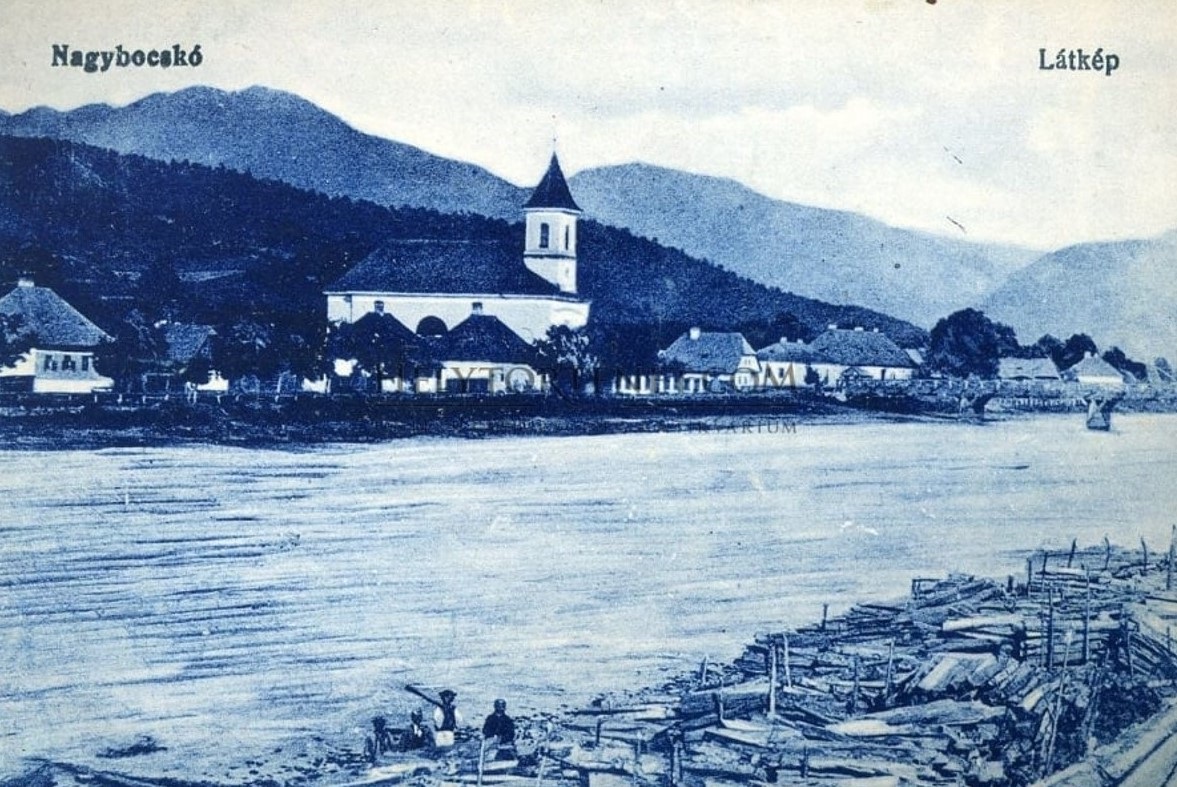
Why does the river take so many lives?
Today's tragedies are mostly related to the unpredictability of the river. Ukrainian border guards say that both they and their Romanian colleagues have to catch the bodies of brave men who are afraid of the army , but not to die in a mountain river.
The speaker of the Mukachevo border detachment, Lesya Fedorova, emphasizes: there are no more or less safe areas on the Tisza at all. You can drown everywhere.
"This is a mountain river, it is dangerous in itself - it has a rapid current, this time of year the water is cold," our interlocutor notes. "For the most part, it is filled with rain, which is more abundant in the mountains. These waters wash the bottom of the river, pull rhizomes and wooden logs – there are many such elements in it. Also, stones that have not yet been washed with water fall into the river. But stones are all dangerous in water – sharp, and more rounded and smooth.
Somewhere, the Tisza was fenced off, which is not so easy to crawl through. In some places, they say, it is impossible to swim across it at all. Although the width is not particularly frightening – 30-60 m. Maybe this gives hope to violators that they will be able to overcome it.
Subscribe to our Telegram channel to be the first to read the news
Читайте також:
- Вогонь підходить до приватних будинків, люди у шоці: масштабна пожежа вирує у Мукачівському районі (ВІДЕО)
- Військовозобов'язаним дали строк, в іншому випадку - оштрафують: що слід зробити чоловікам цього березня?
- Нітратний імпорт уже в Україні та здатен "убити": сезонний смаколик є одним з небезпечних
- Дорожнеча б'є рекорди, земля - "гне в могилу": закарпатці готують запаси вже зараз
- Поділитись:
- Twitter(X)
- Telegram
- Viber

Українців чекає неприємний "сюрприз" із картковими...
З 1 жовтня 2024 року в Україні вступають...
29.09.2024 12:07 28640 0 Society

Злетіли до неба: у магазинах Закарпаття людей шоку...
Один з вагомих продуктів дорожчає в регі...
29.09.2024 12:12 24820 0 Society

Дмитро Кулеба привіз на Закарпаття кохану жінку: в...
Обраниця екс-міністра закордонних справ ...
29.09.2024 13:27 19493 0 Society

Українців попередили про підвищення цін на мобільн...
У 2025 році очікується значне підвищення...
29.09.2024 14:08 18908 0 Society

Масований обстріл Запоріжжя та ракетна загроза з Б...
У Запоріжжі пролунали вибухи, є інформац...
29.09.2024 14:20 5888 0 Society
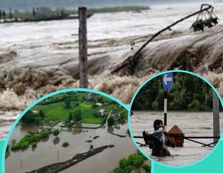
Щонайменше 100 людей загинули, десятки вважаються ...
За прогнозами нестримна негода триватиме...
29.09.2024 14:25 11313 0 Society
